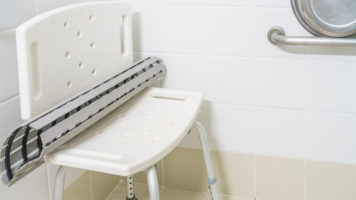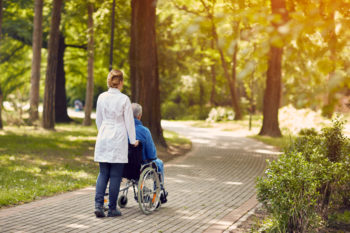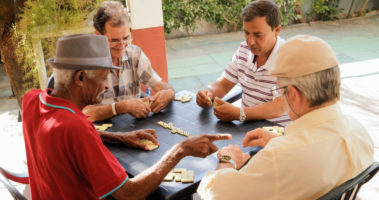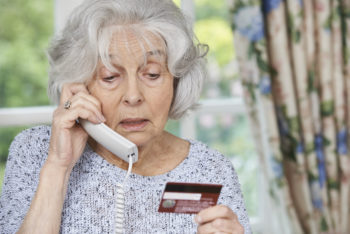It might sound absurd, but investing in a shower chair could save you thousands of dollars and save the life of your elderly loved one.
According to a report by the Centers for Disease Control, in the US, falls are the leading cause of death for seniors.
That is ahead of all the common causes of senior deaths including Alzheimer’s, heart disease or any kind of infection.
One in four adults above age 65 falls everyday.
In 2014 alone, there were 29 million senior falls resulting in 7 million injuries and resulting in $31 billion in annual Medicare costs.
In short, when a senior falls it can be both expensive and deadly.
One of the places seniors fall is in the shower.
As an excellent caregiver, you want to avoid this.
In this post, I will go over the reasons you should seriously consider getting a shower chair for your elderly loved one.
5 Reasons A Shower Chair Is A Must For Your Loved One
#1- A shower chair will save your loved one’s life
I already mentioned that over 7 million injuries occur as a result of falls each year.
When these injuries happen, there are several things that could happen.
Broken bones are one such injury. As we age, our bones become less dense and so fractures happen easily.
One of the complications of a fracture are embolisms (blood clots) which are notorious for killing people without them showing any symptoms. A break in the spine or neck could paralyze your elderly loved one.
Skin breaks can also occur during such a fall and lead to a stubborn infection.
Safety with a shower chair to avoid this.
#2- A shower chair will save you money
Yes, a shower chair may not be cheap upfront, but not investing in one could be costlier.
Whether you’re paying out of pocket or you have great health insurance, the costs of a fall soar very easily.
It is likely that when they fall and obtain an injury, they will have to be sent to the emergency room.
In the emergency room, the doctor may determine that it is better for them to be admitted at the hospital.
Surgery may be needed if there are critical muscles/organs/bones injured during the fall.
Hospital-acquired infections are common among the elderly. This could prolong hospitalization.
As you can see, there are costs at every turn when a fall happens and medical attention is sought.
Most of these can be avoided by providing your elderly loved one with a shower chair.
#3- A shower chair promotes independence
I know I’ve talked mostly about a shower chair preventing falls.
However, another great benefit of getting a shower chair for your elderly loved one is that it promotes a sense of independence for them.
As people age, they begin to have a sense that they have lost control of most things in their life.
Kids leaving home, more people their age dying plus progressively getting physically weaker can trigger depression in elders.
One of the areas in life that is private to each one of us is the ability to take a bath/shower without assistance.
Losing that as well can be a big blow.
A shower chair allows your elderly loved one to perform this daily function with little assistance and helps them maintain a sense of independence and control.
#4- A shower chair is also helpful for caregivers
A shower chair is helpful for caregivers too.
In case there is a day they absolutely have to give your elderly loved one a bath, having a shower chair will make a caregivers work easier.
It is easy to maneuver and give a good bath when the other person is seated.
#5 – A shower chair can be used on a trip
Most shower chairs are designed to fit a standard shower.
Going on a trip for a few days?
The shower chair can be folded up and packed up at the back of a van.
No need to worry about falling or injuries while on your trip!
Closing Thoughts
Falls are expensive and are a leading cause of death in seniors.
The good news is that falls are preventable.
One of the common places in the home a senior is most likely to fall is in the bathroom.
A shower chair can keep your senior loved one safe and alive.
Did you find this post useful? Share it with someone else who will find it useful.









